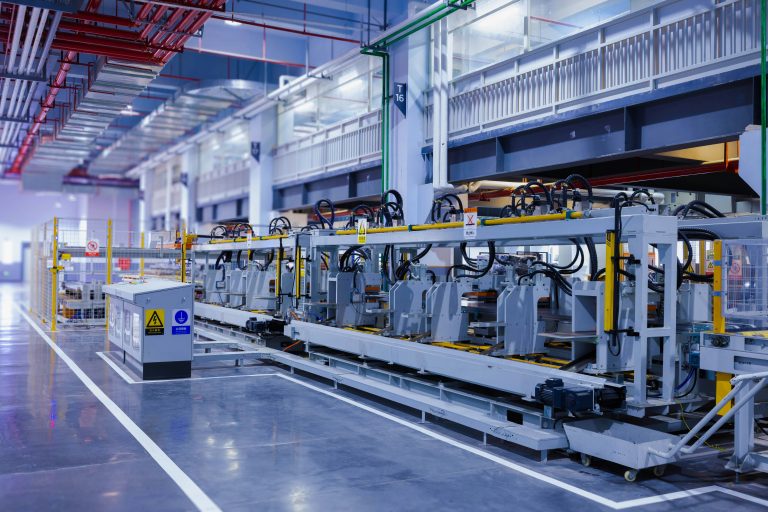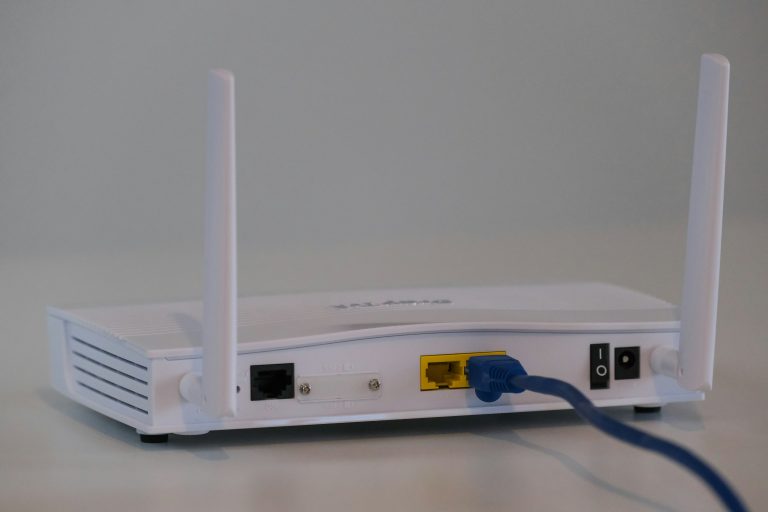AI in Healthcare: Transforming Patient Care and Diagnostics
Artificial Intelligence (AI) is revolutionizing the healthcare industry, reshaping how diseases are diagnosed, treatments are delivered, and patient care is managed. By leveraging vast amounts of medical data and advanced machine learning algorithms, AI is enabling faster, more accurate decision-making, improving patient outcomes, and reducing costs. Let’s explore how AI is transforming patient care and diagnostics.
1. Early and Accurate Diagnosis
AI-powered diagnostic tools are proving invaluable in detecting diseases at their earliest stages, often before symptoms become apparent. Algorithms trained on medical imaging data can identify abnormalities like tumors, fractures, or lesions with remarkable precision. For example:
- Radiology and Imaging: AI can analyze X-rays, MRIs, and CT scans to detect conditions like cancer, pneumonia, or cardiovascular diseases.
- Pathology: AI assists pathologists by identifying microscopic signs of diseases in tissue samples more efficiently than traditional methods.
These advancements not only improve diagnostic accuracy but also reduce the workload on healthcare professionals.
2. Personalized Medicine
AI is driving the shift towards personalized medicine, tailoring treatments to individual patients based on their genetic makeup, lifestyle, and medical history. By analyzing large datasets, AI can predict how a patient might respond to a specific treatment, enabling doctors to choose the most effective therapies with fewer side effects. This is particularly impactful in oncology, where AI helps design customized treatment plans based on tumor profiles.
3. Virtual Health Assistants
AI-powered virtual assistants are enhancing patient engagement and care management:
- Chatbots: These tools provide 24/7 support, answering patient questions, scheduling appointments, and offering medication reminders.
- Remote Monitoring: Wearable devices integrated with AI monitor vital signs like heart rate, blood pressure, and glucose levels in real-time, alerting patients and caregivers to potential health risks.
These technologies empower patients to take an active role in their health and enable doctors to monitor chronic conditions remotely.
4. Drug Discovery and Development
The traditional drug development process is costly and time-consuming. AI accelerates this process by:
- Identifying potential drug candidates through the analysis of molecular structures.
- Predicting the effectiveness of compounds using machine learning models.
- Simulating clinical trials to test drug efficacy and safety.
This not only reduces costs but also brings life-saving treatments to market faster.
5. Administrative Efficiency
AI is streamlining administrative tasks in healthcare, allowing professionals to focus more on patient care. Natural language processing (NLP) tools transcribe and analyze clinical notes, automate billing processes, and manage patient records. These efficiencies help reduce errors, save time, and improve overall operational workflows.
6. Predictive Analytics in Public Health
AI is instrumental in predicting and managing public health crises:
- Epidemic Monitoring: AI models analyze patterns to predict outbreaks of infectious diseases, enabling timely interventions.
- Resource Allocation: Predictive analytics help healthcare systems manage resources like hospital beds, ventilators, and vaccines more effectively during emergencies.
During the COVID-19 pandemic, AI played a critical role in tracking the virus’s spread, modeling infection rates, and developing vaccines.
7. Challenges in AI Adoption
Despite its potential, AI in healthcare faces several challenges:
- Data Privacy and Security: Safeguarding patient data while complying with regulations like HIPAA and GDPR is paramount.
- Bias in Algorithms: Ensuring AI models are trained on diverse datasets to avoid biases that could impact patient care.
- Integration with Existing Systems: Adapting AI solutions to work seamlessly with traditional healthcare systems can be complex.
- Ethical Concerns: Balancing the benefits of AI with the need for human oversight in critical healthcare decisions.
The Future of AI in Healthcare
AI is poised to transform healthcare further by enabling advancements like:
- Real-Time Diagnostics: Point-of-care AI devices that provide instant diagnostic results.
- Robotic Surgery: AI-driven robots assisting in highly precise surgical procedures.
- Mental Health Support: AI tools for monitoring and treating mental health conditions through real-time behavioral analysis.
As technology continues to evolve, the integration of AI into healthcare will enhance efficiency, reduce disparities, and improve patient outcomes. While challenges remain, the potential for AI to revolutionize patient care and diagnostics is immense, paving the way for a healthier and more equitable future.
By embracing AI, the healthcare industry can unlock unprecedented opportunities, making care more accessible, accurate, and personalized for all.






